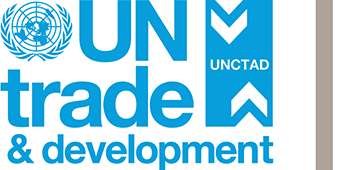Valeant Pharmaceuticals Int’l Inc. et al. v. Mylan Pharm. Inc. (U.S. Court of Appeals for the Federal Circuit, 2018)
The case concerns the analysis of obviousness, when the prior art teaches structurally and functionally similar chemical compounds, proving a definite range and variables for a solution of stability. The Appeal Court held that prior art ranges for solutions of structurally and functionally similar compounds that overlap with a claimed range can establish a prima facie case of obviousness. If one of the predictable solutions leads to an anticipated success, the outcome was obvious to try.
